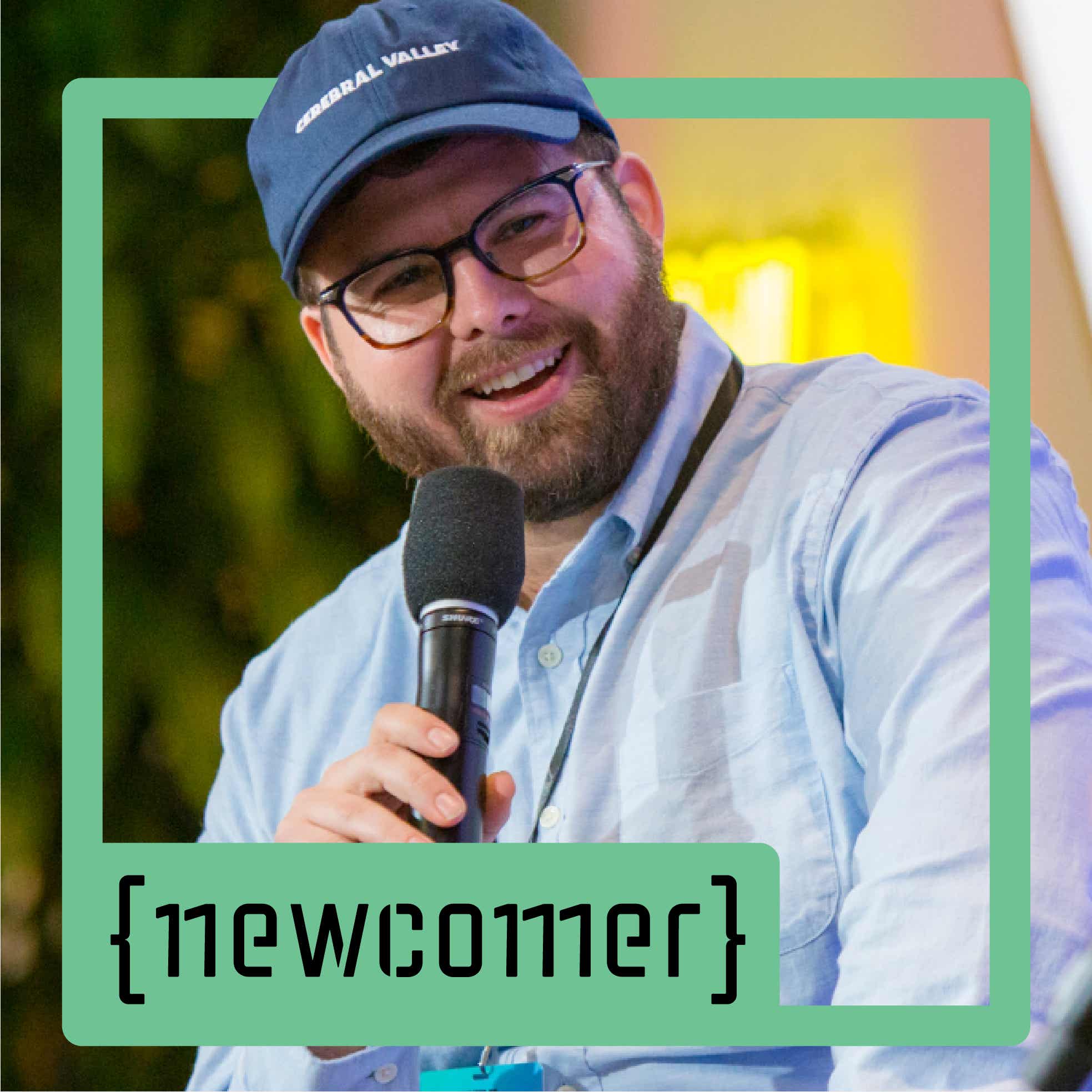Spaceman Explains to Earthman How Things Work (with Delian Asparouhov)
Description
Last time I remember writing about Varda co-founder and Founders Fund partner Delian Asparouhov, I was giving him a hard time about his subdued impromptu Clubhouse run-in with then San Francisco District Attorney Chesa Boudin who he’d been flaming on Twitter.
But since then, Asparouhov has mellowed out online. When I texted him after our podcast recording session and mentioned that his Founders Fund colleague Mike Solana was sassing me on Elon Musk’s social networking platform, Asparouhov wrote back, “Bro I’m tryna do 3 jobs over here. I don’t have time to pay attention to what Solana is up to.”
Besides Varda and Founders Fund, I wondered what the third job was.
He texted me back, “Fatherhood.”
On the latest episode of the Newcomer podcast Asparouhov and I covered a lot of ground. We talked about Varda’s satellite mission and its ambitions to manufacture in space. We discussed SpaceX’s reusable rocket and the media conversation around Starship’s explosion. Asparouhov mused about UFOs and missions to Mars. It was a wide-ranging conversation about space and technology.
The conversation started off digging into Varda’s excited research into LK-99.
Varda ran an experiment which they initially thought might show verification of room temperature semiconductors.
By the time we recorded our conversation, you could tell Asparouhov was more muted about Varda’s findings.
Later he tweeted, “alas, the rocks we made floated due to iron impurities.”
Highlighted Excerpts
The transcript has been edited for clarity.
Eric: What is Varda’s focus at the moment?
Delian: Our goal is to take some of the research that’s been shown on the International Space Station to have a ton of promise in terms of, as we’ve been talking about, solid state formulation. It turns out solid state formulation is significantly affected by gravity - that may also be true in superconductors. So one day down the line, if somebody does discover these formulations and they’re showing issues that we think gravity could actually solve, there’s a world where Varda flies a superconductor. You know, four or five years, definitely not anytime soon, given that the biopharma side is so much more preserved currently.
Eric: I’m gonna be dumb again. To me, solid state is like hard drives. Is that what you mean by solid state formulation?
Delian: If you look at what’s happening both in superconductors and what we do in the pharma world, you’re taking things that start as very fine grain powders or liquids and making solid state crystalline versions of them. In the pharma world that ends up looking like a little bit of table salt that you take, and it turns out that thing actually has drug cancer molecules and mRNA molecules. In the world of superconductors, it turns into these things that look like, I mean you’ve seen them on Twitter, they look like these kind of weird half ceramic, half metal objects. So solid state is just the form of the matter. Solid state in particular typically means a larger crystalline lattice structure, not just individual small molecules.
Eric: The whole story of milestones you’re talking about, what would be viable, reminds me of the SpaceX experience. Where a few months ago one of their rockets blew up. It’s so hard as a layperson, even when cheering these things on, to know as an external observer what signs show the company’s on track. What was your reaction to media like The New York Times framing the SpaceX explosion super negatively?
Delian: I think the layman’s view, particularly The New York Times, was clueless and off base. In aerospace, it’s easier to publicly verify traction, unlike software where companies just claim things. You can see did the rocket launch? Did the spacecraft enter orbit? Those are physical facts. SpaceX is developing an extremely ambitious new rocket alongside their workhorse Falcon 9 that has flown over 200 times without exploding. This new rocket is riskier but mor
More Episodes
This is probably my favorite episode of the year. We just updated our picks for our artificial intelligence startup fantasy draft. That means dropping startups whose star is fading and making new pickups.
Last year, Max Child, James Wilsterman, and I drafted the most promising generative AI...
Published 11/13/24
Published 11/13/24
We’re back with a couple episodes of the Cerebral Valley Podcast leading up to our summit on November 20.
I’m joined by my Cerebral Valley AI Summit co-hosts Max Child and James Wilsterman.
On this episode, we started by talking about the thing on everyone’s minds — the election of Donald Trump...
Published 11/09/24


